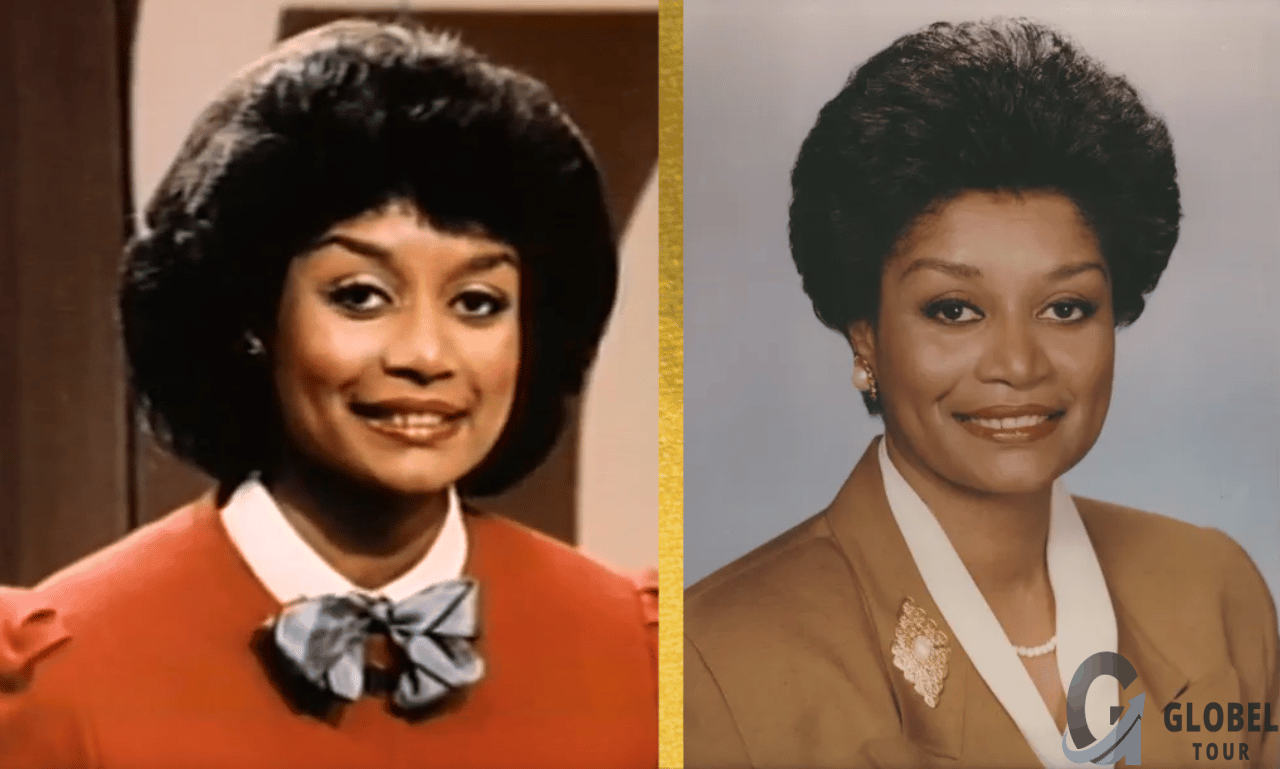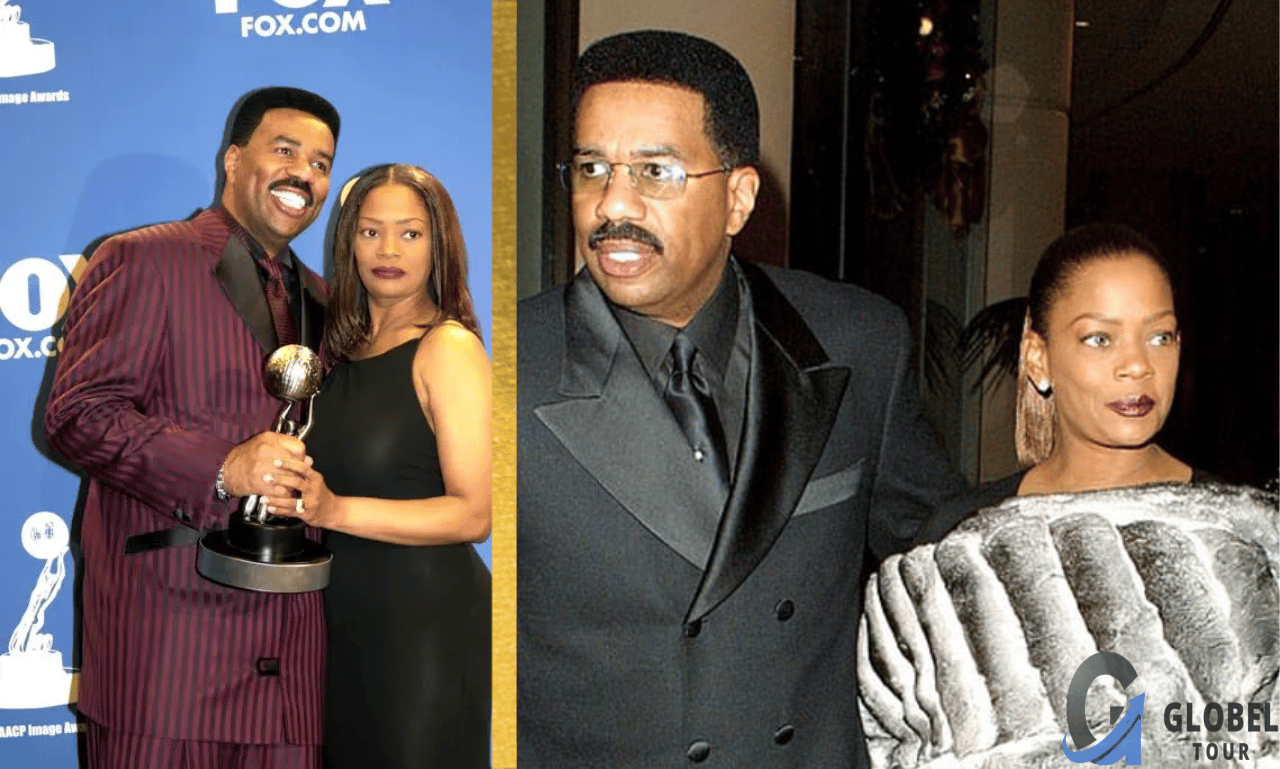Doris Biscoe’s name resonates with a legacy of groundbreaking achievements in journalism. A respected broadcaster, communicator, and mentor, Biscoe carved out a path for herself and others in an industry often resistant to diversity, particularly for women of color. Her contributions to journalism, community involvement, and mentorship have had a profound impact, not only in Detroit but in the broader American media landscape.
Early Life and Formative Years

Doris Biscoe was born in 1946 in Washington, D.C., when racial and gender barriers were significantly more pronounced. Her family background, rich in public service and community activism, significantly shaped her views and aspirations. In a household where education was highly valued, Doris was instilled with a sense of purpose early on. Her father’s work as a civil servant and her mother’s involvement in local community matters were foundational influences that sparked her interest in communication and social advocacy.
Doris Biscoe attended college, where she pursued her passion for communication. She majored in Communications, fully embracing the academic rigor of her chosen field. These years of higher education set the stage for a prolific career in journalism. Doris Biscoe’s college years were pivotal, not only because of the academic grounding but because they marked the beginning of her commitment to public service through storytelling.
Entering the World of Journalism
Biscoe’s first job in media was on the radio. While many might have taken this as a temporary stepping stone, it was an ideal space for Doris to develop her on-air skills. Her natural talent and infectious personality marked her work as a disc jockey. She quickly became a known figure in Maryland’s radio scene.

However, her love for communication and her growing passion for social change pushed her toward television. This transition would ultimately solidify her place in the history of broadcast journalism. In the 1970s, television offered a new frontier for storytelling, and Doris Biscoe seized the opportunity.
Her transition to television began with her hosting a weekly public affairs show in Washington, D.C. This role proved to be a perfect fit, combining her passion for current events with her ability to communicate effectively with an audience. Over time, she honed her interviewing skills and gained invaluable insight into television journalism. She learned not only how to present stories but also how to use the platform for social impact.
Career at WXYZ-TV: Breaking Barriers
In 1973, Doris Biscoe took a giant leap in her career when she joined WXYZ-TV, a central television station in Detroit, as a reporter. At the time, opportunities for Black women in broadcast journalism were scarce, and Doris became one of the few women of color to work in mainstream newsrooms. This milestone was significant—not just for Doris, but for the broader media landscape, as it signified a shift in what was possible for future journalists.
From Reporter to Anchor
Biscoe’s versatility as a journalist soon became evident. She was not just a reporter but a storyteller who could captivate audiences with her unique voice and insightful commentary. Within a decade of joining WXYZ-TV, Doris Biscoe ascended to the anchor desk, a rare achievement for African American women then.
Biscoe began co-anchoring the 6 p.m. news with Rich Fisher in the mid-1980s. Her calm demeanor, sharp intellect, and impeccable professionalism helped her connect with viewers across Detroit. She became the trusted face many viewers turned to for the latest news.
Her time as an anchor solidified her reputation as a reliable journalist who delivered facts and the human side of each story. She told stories of people who often went unheard in mainstream media, amplifying voices from marginalized communities. Her empathy for people and her journalistic integrity allowed her to deliver the news with authenticity and compassion.
Advocacy and Community Engagement
Beyond her professional accomplishments, Biscoe was deeply involved in the community. Her advocacy work became one of the hallmarks of her career. She firmly believed that the media played a crucial role in shaping public opinion and advancing social change. She used her platform to address pressing issues, including racism, education, and the need for community empowerment.
Doris was an active supporter of literacy programs, understanding that education was key to both individual success and the well-being of communities. She believed that access to education could be the pathway out of poverty for many. Throughout her career, Biscoe’s passion for community service remained unwavering. She worked tirelessly to promote literacy and other educational initiatives, leveraging her media presence to raise awareness and bring about positive change.

Overcoming Challenges: Perseverance in a Divisive Industry
Throughout her career, Doris faced challenges that many of her counterparts never had to confront. As one of the few Black women in an industry dominated by white males, Biscoe often found herself navigating a complex and sometimes hostile work environment. She faced barriers that were both personal and professional, from racial biases to gender discrimination. Yet, through it all, Doris Biscoe remained committed to excellence.
In 1984, Biscoe’s tenacity was tested during a chance encounter with presidential candidate Jesse Jackson. While covering his campaign, Doris pursued an impromptu interview with Jackson, which became a memorable moment in her career. Even though she lost a shoe in the chase, Doris managed to secure the interview, demonstrating her determination and dedication to getting the story no matter the personal cost. This moment became emblematic of her career—unwavering in pursuing truth, no matter her challenges.
Later Years and Continuing Influence
After retiring from WXYZ-TV in 2000, Doris Biscoe did not retreat from the public eye. Instead, she used her extensive experience to help others navigate the complexities of the media world. In the years following her retirement, she founded Doris Biscoe Communications, a company that provided media consulting and training services. She helped individuals and organizations develop effective communication strategies, imparting the wisdom she had gained over decades in journalism.
In 1994, Biscoe was inducted into the National Academy of Television Arts & Sciences Silver Circle, an honor given to individuals with 25 years or more of distinguished service in the television industry. Her induction into this prestigious circle solidified her place as one of the greats in television journalism.
Her work post-retirement reflected her deep commitment to mentorship and supporting the next generation of journalists. She became a guiding light for aspiring journalists, particularly women and people of color who sought to follow in her footsteps.
Personal Life: A Mentor and Advocate
Biscoe was known for her warmth and approachability. She maintained close relationships with her colleagues and was deeply involved in mentoring young journalists, particularly those from underrepresented communities. Throughout her career and beyond, she used her influence to help open doors for others.
Her personal life reflected her professional commitment. Doris remained close to her family and saw her personal life as a reflection of her belief in giving back to others. She mentored many young women, urging them to pursue careers in media and advocating for diversity and inclusion in the field. Doris Biscoe’s contributions went beyond journalism; she was a passionate advocate for social change, ensuring that others had the support they needed to succeed.
Conclusion: Doris Biscoe’s Enduring Legacy
Doris Biscoe’s career is a testament to perseverance, passion, and the power of using one’s platform for good. As one of the first Black women to anchor a major news program in Detroit, Biscoe shattered stereotypes and paved the way for future journalists. She used her career not just to inform but to educate and empower. Her advocacy for community development, literacy, and representation helped reshape the media landscape, proving that journalism is not just about reporting facts but about telling the stories that matter and creating a lasting impact.

Biscoe’s legacy will continue to inspire future journalists, especially those from underrepresented backgrounds. Her story shows that with determination and a commitment to excellence, it is possible to break barriers and leave a lasting impact on society.
Career Milestones Table
| Year | Milestone |
| 1973 | Joined WXYZ-TV Detroit as a reporter |
| Mid-1980s | Became co-anchor of the 6 p.m. news |
| 1984 | Secured a landmark interview with Jesse Jackson during his presidential campaign |
| 1994 | Inducted into the National Academy of Television Arts & Sciences Silver Circle |
| 2000 | Retired from WXYZ-TV |
| Post-2000 | Founded Doris Biscoe Communications, providing media training and consulting |
Doris Biscoe’s life and career serve as a beacon for those who seek to make a difference through journalism. She has left a permanent mark on Detroit and the broader media world by challenging industry norms and advocating social change.




